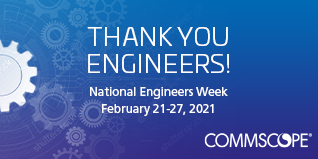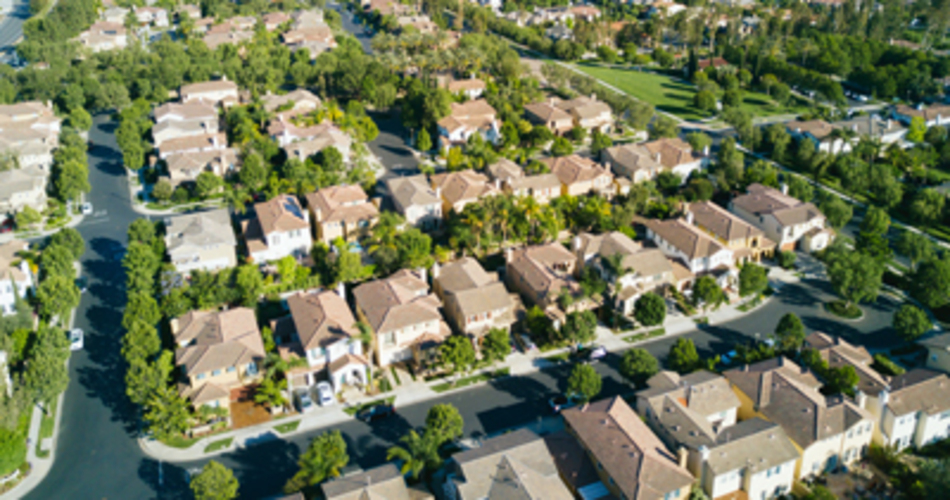Technological breakthroughs in emerging markets are expected to serve as the catalyst for the next billion internet users going online. As such, it is important for companies to be engaged and involved and come up with a product or service that solves a real problem and makes people’s lives better. At Ruckus (now part of CommScope via acquisition), we are dedicated to doing just that. This is precisely why we are working with companies and organizations like the Information Technology Disaster Resource Center (ITDRC) and Google to bring connectivity to developing nations and hard-hit disaster areas. Let’s take a closer look at some of our initiatives below.

ITDRC Deployments
We recognize that Wi-Fi connectivity is especially critical in the aftermath of disasters such as fires, flooding or strong winds that destroy cellular towers. This is because Wi-Fi is one of the best ways for first responders to establish command centers, share updates and enable victims to check in with their loved ones. We are proud to work closely with the Technology Disaster Resource Center (ITDRC) to jointly deploy wireless connectivity in disaster zones around the globe.
Recent ITDRC Wi-Fi deployments include California’s Camp and Woolsey Fires, as well as Hurricanes Harvey, Irma and Maria. The organization, which is known for configuring network infrastructure from the WAN to the LAN as soon as 24-hours after a natural disaster, also provided communications for evacuation centers and bases of operations for disaster recovery organizations such as FEMA, the Red Cross, Team Rubicon and AmeriCorps. Moreover, the ITRDC helped establish communications in remote areas cut off by landslides and enabled hospitals to contact FEMA after Hurricane Maria in Puerto Rico.
Together with the ITDRC, Ruckus, and our channel partners participate in disaster relief work by donating wired and wireless network equipment. More specifically, our ‘modularized kits’ stand ready for rapid deployment during times of disaster. These ruggedized kits contain a range of Ruckus networking equipment including indoor and outdoor APs, PTP bridges to deliver connectivity and easy access to our remote management Virtual SmartZone controller.
Moreover, our APs can run off sustainable energy sources such as solar power, allowing deployed access points to function even when the grid is down and fuel for emergency generators is scarce. Perhaps most importantly, our APs automatically adapt to changes in the environment or client device behavior, both of which are common in disaster scenarios. This flexibility and adaptability enable the ITDRC to quickly and easily deploy a robust communication network that provides fast, reliable and secure Wi-Fi in even the most difficult and inhospitable conditions.
Google Station
Ruckus technology is also being used to enable carrier-grade networks in Google Station Wi-Fi Hotspots deployed throughout India, Indonesia and Mexico. More specifically, we are supplying Google with our Virtual SmartZone controller, as well as indoor and outdoor Wi-Fi access points (APs).
Google Station is a high-speed, high-quality public Wi-Fi platform that provides an easy set of tools to roll out Wi-Fi hotspots in public places, such as high-traffic locations like airports, malls, universities, railways and mass transit stations. These hotspots deliver high-performance Wi-Fi using our adaptive antenna BeamFlex technology for increased connectivity performance and range, optimized signals and maximized power efficiency. Indeed, rather than arbitrarily radiating signals at a single point or in all directions, BeamFlex enables APs to adapt to their environment and focus optimized signals based on the number and position of connected devices.
“From the very beginning, our mission at Google has been to make the internet universally useful and accessible – and that has continued to push us to do what we can to bring more people online, to make the internet truly inclusive,” David Shapiro, Chief Business Officer, Next Billion Users initiative at Google, told The Ruckus Room. “The transformative power of the internet is easier achieved when we work within local ecosystems to connect people to information, opportunities, and communities that are relevant to them. That's how access can truly make an impact on people's lives.”
In conclusion, we are both humbled and excited by the possibilities we are helping to create with our partners and customers. It gives us great pride to enable connectivity in some of the most demanding and inhospitable environments imaginable.
Continue reading:
Ruckus Powers Google Station Wi-Fi Hotspots in India, Indonesia, and Mexico
Wi-Fi delivers critical communications for California firefighters and evacuees
Wi-Fi Delivers Critical Communications for Disaster Recovery














